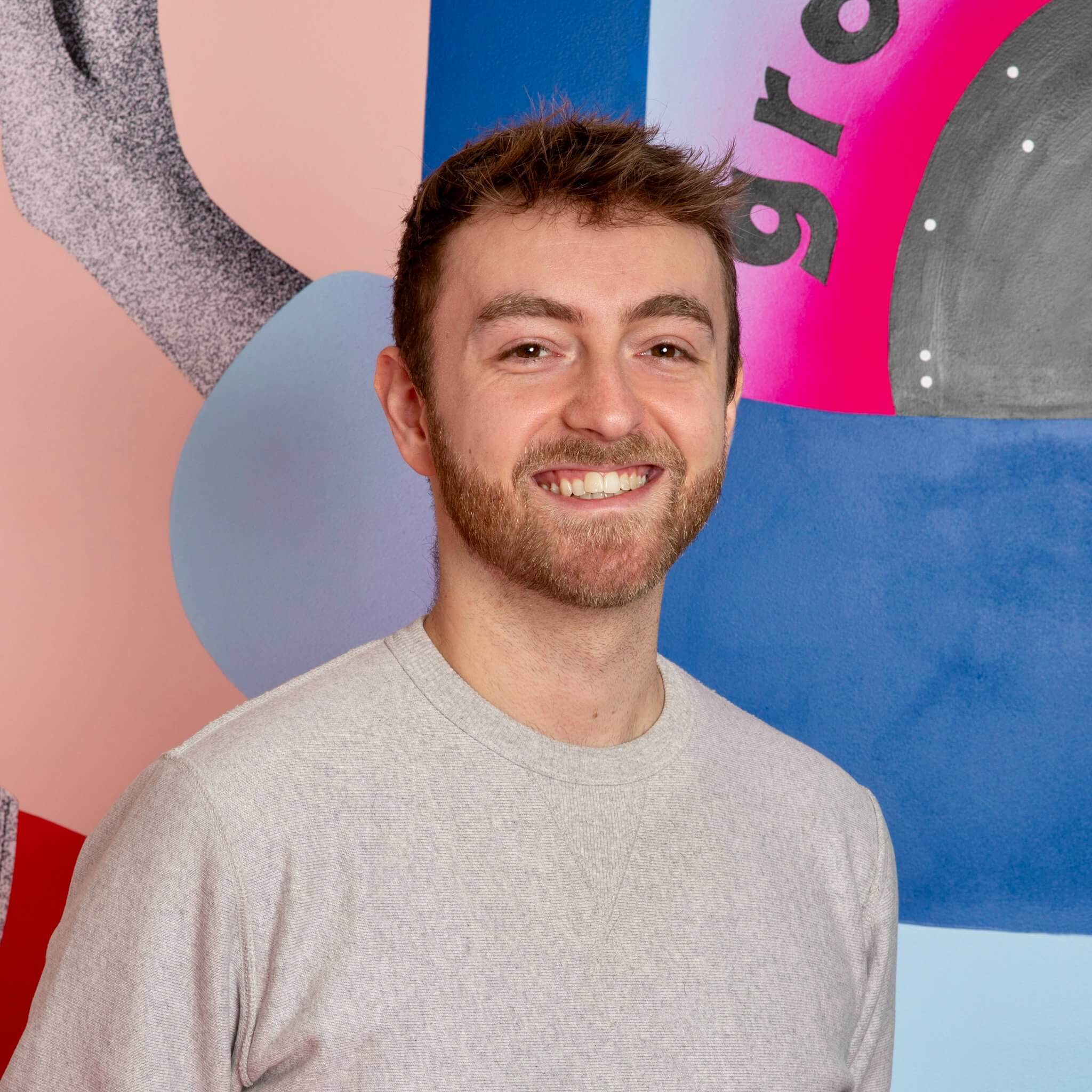Growing a SaaS company from $2000 to $50k/month
Growing a SaaS company from $2000 to $50k/month
Nov 4, 2024


Arnob Dada
Arnob Dada
⏳ 5 min
⏳ 5 min
Revenue/month
Revenue/month
$40,000
$40,000
$40,000
No. of founders
No. of founders
2
2
2
Startup costs
Startup costs
$500
$500
$500
Company type
Company type
Company type
Saas
Saas
Saas
Contents
About The Company
About The Company
Meet Nishant and Arnob, the Dynamic Duo Behind Olvy
Nishant and Arnob go way back – think school buddies who ended up sitting on the same bench in college. One leaned into design, the other into development. Together, they’ve launched Olvy, a tool that makes releasing updates a whole lot easier for SaaS companies.
Olvy’s focus? It builds beautiful, engaging release note pages that aren’t just an info dump. With Olvy, businesses can receive feedback directly on release notes through reactions and comments, converting that feedback into insights. It’s a cycle where customers feel heard, and companies know exactly which releases are hitting the mark and where they could improve.
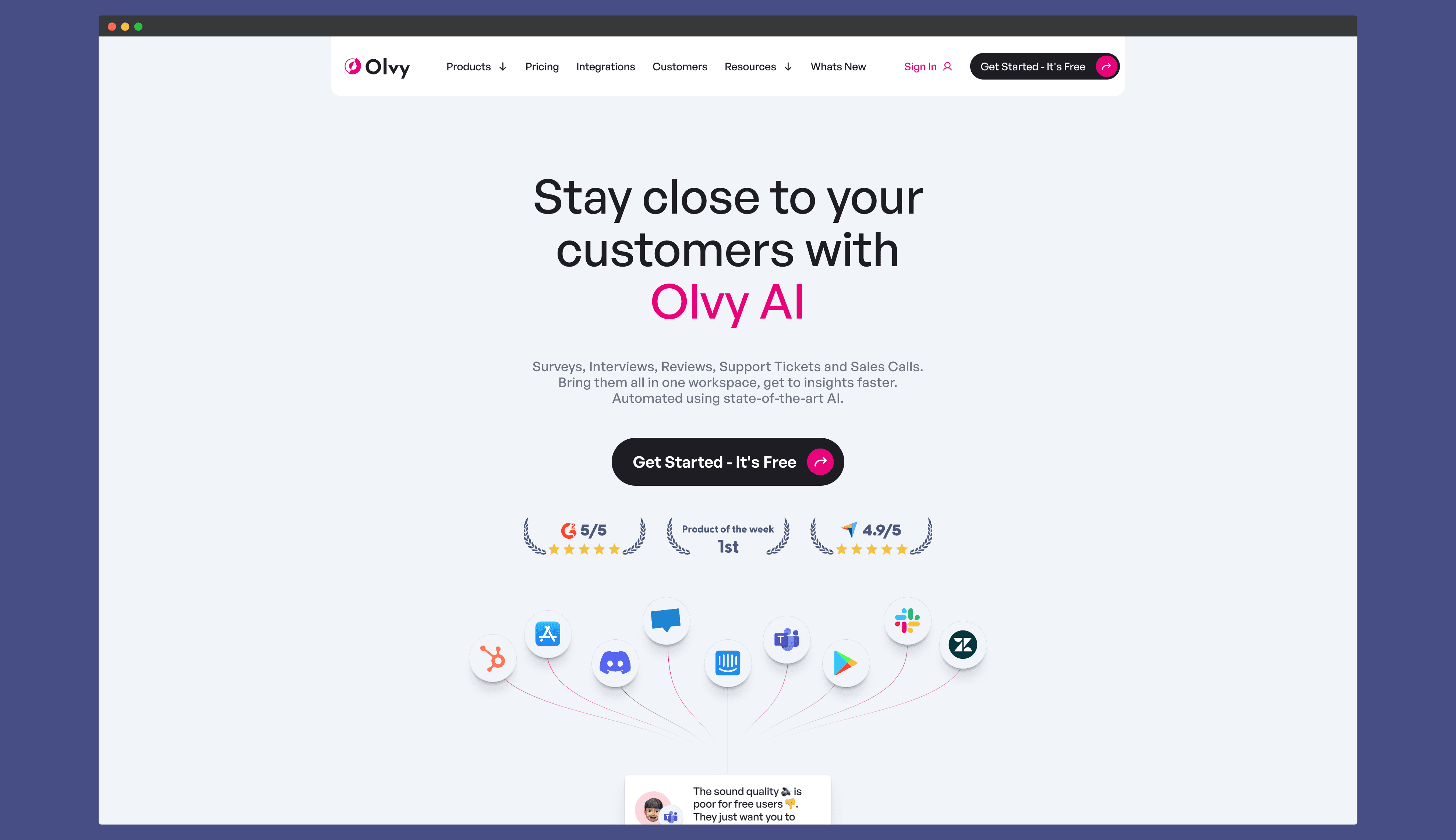
After a few months post-launch, they’ve already earned around $2,000 and are actively iterating on customer feedback. Now, they’re not just creating software – they’re helping companies stay connected with their users in real time.
(Their recent launch on product hunt. More upvotes = more viewers which may ultimately lead to some signups)
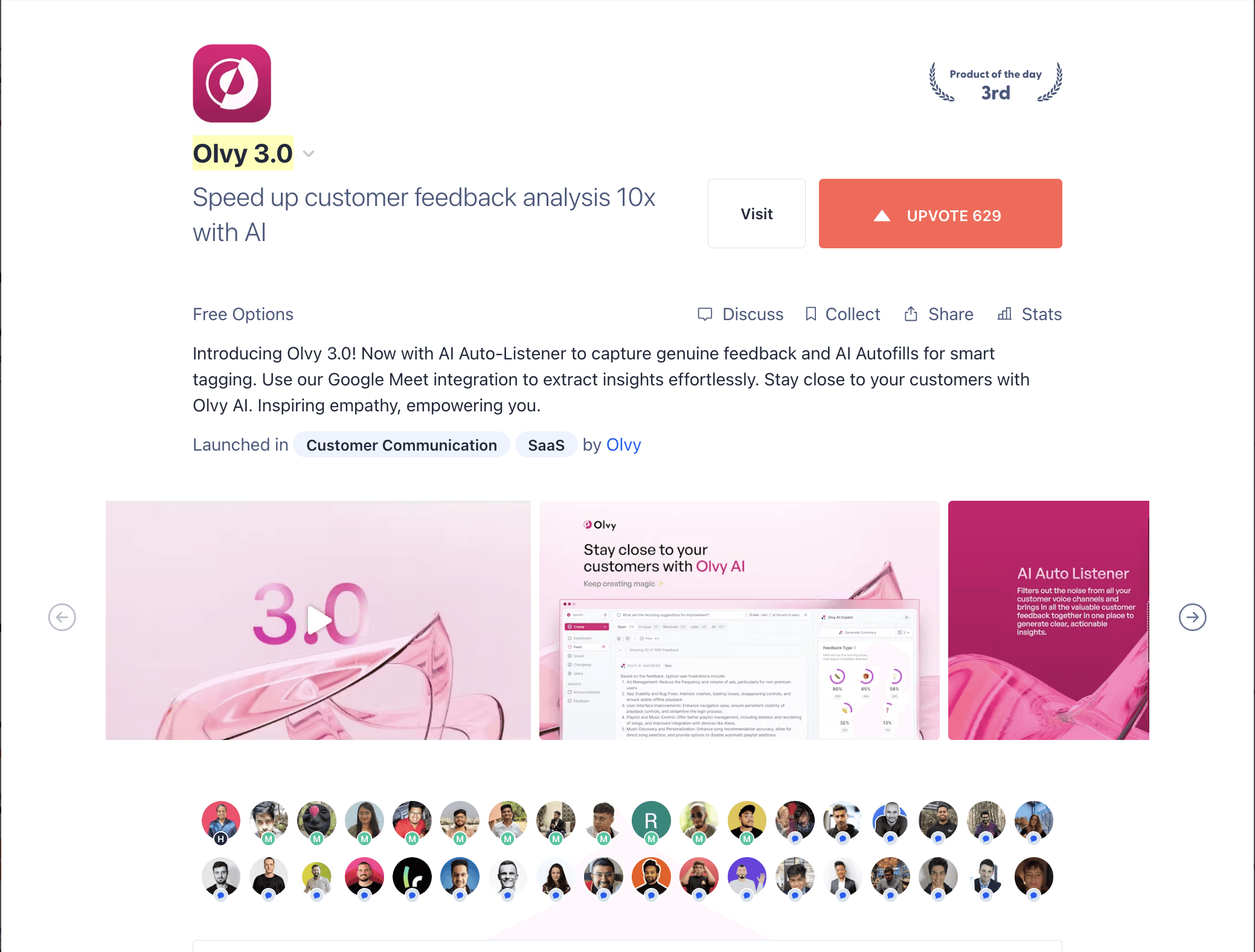
Meet Nishant and Arnob, the Dynamic Duo Behind Olvy
Nishant and Arnob go way back – think school buddies who ended up sitting on the same bench in college. One leaned into design, the other into development. Together, they’ve launched Olvy, a tool that makes releasing updates a whole lot easier for SaaS companies.
Olvy’s focus? It builds beautiful, engaging release note pages that aren’t just an info dump. With Olvy, businesses can receive feedback directly on release notes through reactions and comments, converting that feedback into insights. It’s a cycle where customers feel heard, and companies know exactly which releases are hitting the mark and where they could improve.

After a few months post-launch, they’ve already earned around $2,000 and are actively iterating on customer feedback. Now, they’re not just creating software – they’re helping companies stay connected with their users in real time.
(Their recent launch on product hunt. More upvotes = more viewers which may ultimately lead to some signups)

The Origin Story
The Origin Story
Having worked in SaaS startups, Nishant and Arnob know the grind of building products from scratch. As they toiled away, they realized how crucial it is to create a comprehensive customer experience. For many SaaS companies, this means more than just a product; it’s a whole system that includes a support hub, developer hub, changelog, knowledge base, and more. Each piece of this puzzle contributes to a seamless user experience.
Initially, they dreamed of solving all these problems with one product. Soon enough, reality set in – tackling everything at once wasn’t going to work. They zeroed in on release notes as their starting point. Turns out, creating a robust, feedback-oriented release notes tool is a bigger problem than they thought. With Olvy, they’ve tapped into a gap in the market, creating something more than just a notification feature.
Having worked in SaaS startups, Nishant and Arnob know the grind of building products from scratch. As they toiled away, they realized how crucial it is to create a comprehensive customer experience. For many SaaS companies, this means more than just a product; it’s a whole system that includes a support hub, developer hub, changelog, knowledge base, and more. Each piece of this puzzle contributes to a seamless user experience.
Initially, they dreamed of solving all these problems with one product. Soon enough, reality set in – tackling everything at once wasn’t going to work. They zeroed in on release notes as their starting point. Turns out, creating a robust, feedback-oriented release notes tool is a bigger problem than they thought. With Olvy, they’ve tapped into a gap in the market, creating something more than just a notification feature.







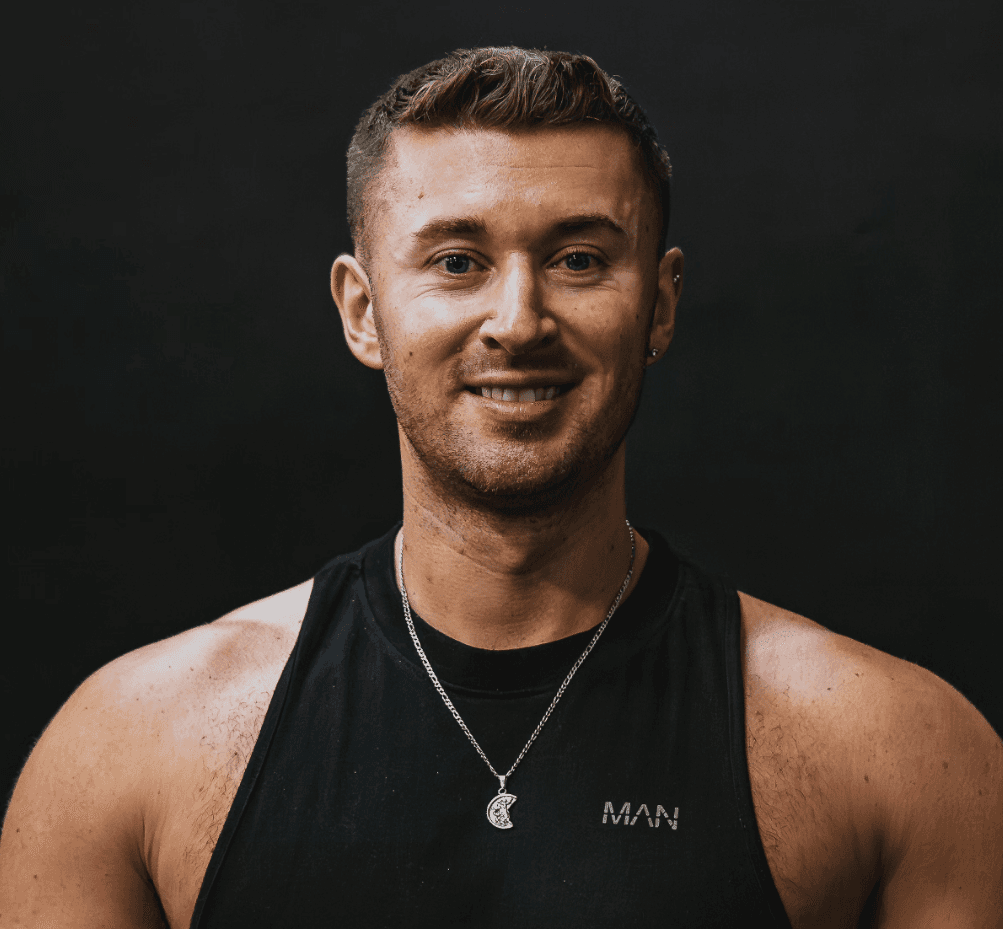









2,678+ people enjoy it
➤ Every week, we dig up stories of how regular people started and grew their businesses—
➤ Plus the marketing hacks that won them customers.
➤ Then, we share those insights with you.
➤ Every week, we dig up stories of how regular people started and grew their businesses—
➤ Plus the marketing hacks that won them customers.
➤ Then, we share those insights with you.
Crafting Olvy: Late Nights, Core Principles, and the Power of Feedback
Crafting Olvy: Late Nights, Core Principles, and the Power of Feedback
Like any good product, Olvy started with some serious homework. Nishant and Arnob dug deep into competitor analysis to figure out what was already out there. They found a lot of release notes solutions, but nothing that nailed what they envisioned – a release tool that truly included the user feedback loop.
The Core Values of Olvy
Here’s what they wanted Olvy to stand for:
User-centered Design: Make release notes visually appealing and easy to interact with.
Feedback as a Feature: Let users share their thoughts on each release to guide future updates.
Scalable and Adaptable: Create a product that would remain relevant and easy to expand.
Working late nights and weekends, the two friends sketched out a prototype. They knew their “dream” product would need plenty of adjustments, so they focused on a foundation that could grow with user needs. Once they had a working version, it was time to test Olvy in the wild.
Olvy’s First Users
They came up with a unique way to onboard their first users: the “Olvy Builders Program.” Instead of demoing the product from their own screens, they asked early users to share their screens. This way, they could see how users actually interacted with Olvy. Watching real users uncover hidden pain points and offer feedback was eye-opening.
In exchange for their feedback, early adopters got lifetime access to Olvy for free. This program was a massive win-win – Olvy got invaluable feedback, and users got a free, evolving tool.
Like any good product, Olvy started with some serious homework. Nishant and Arnob dug deep into competitor analysis to figure out what was already out there. They found a lot of release notes solutions, but nothing that nailed what they envisioned – a release tool that truly included the user feedback loop.
The Core Values of Olvy
Here’s what they wanted Olvy to stand for:
User-centered Design: Make release notes visually appealing and easy to interact with.
Feedback as a Feature: Let users share their thoughts on each release to guide future updates.
Scalable and Adaptable: Create a product that would remain relevant and easy to expand.
Working late nights and weekends, the two friends sketched out a prototype. They knew their “dream” product would need plenty of adjustments, so they focused on a foundation that could grow with user needs. Once they had a working version, it was time to test Olvy in the wild.
Olvy’s First Users
They came up with a unique way to onboard their first users: the “Olvy Builders Program.” Instead of demoing the product from their own screens, they asked early users to share their screens. This way, they could see how users actually interacted with Olvy. Watching real users uncover hidden pain points and offer feedback was eye-opening.
In exchange for their feedback, early adopters got lifetime access to Olvy for free. This program was a massive win-win – Olvy got invaluable feedback, and users got a free, evolving tool.
Building Momentum: The Road to Launch
Building Momentum: The Road to Launch
As tech enthusiasts, both founders had established networks in SaaS and maker communities, which gave them a natural audience for Olvy’s early days. They started talking about Olvy’s progress within these circles, sharing updates on Twitter, and posting about the product journey. They also launched a landing page for a waitlist, giving them a steady list of interested users.
Experimenting with Lottie Animations
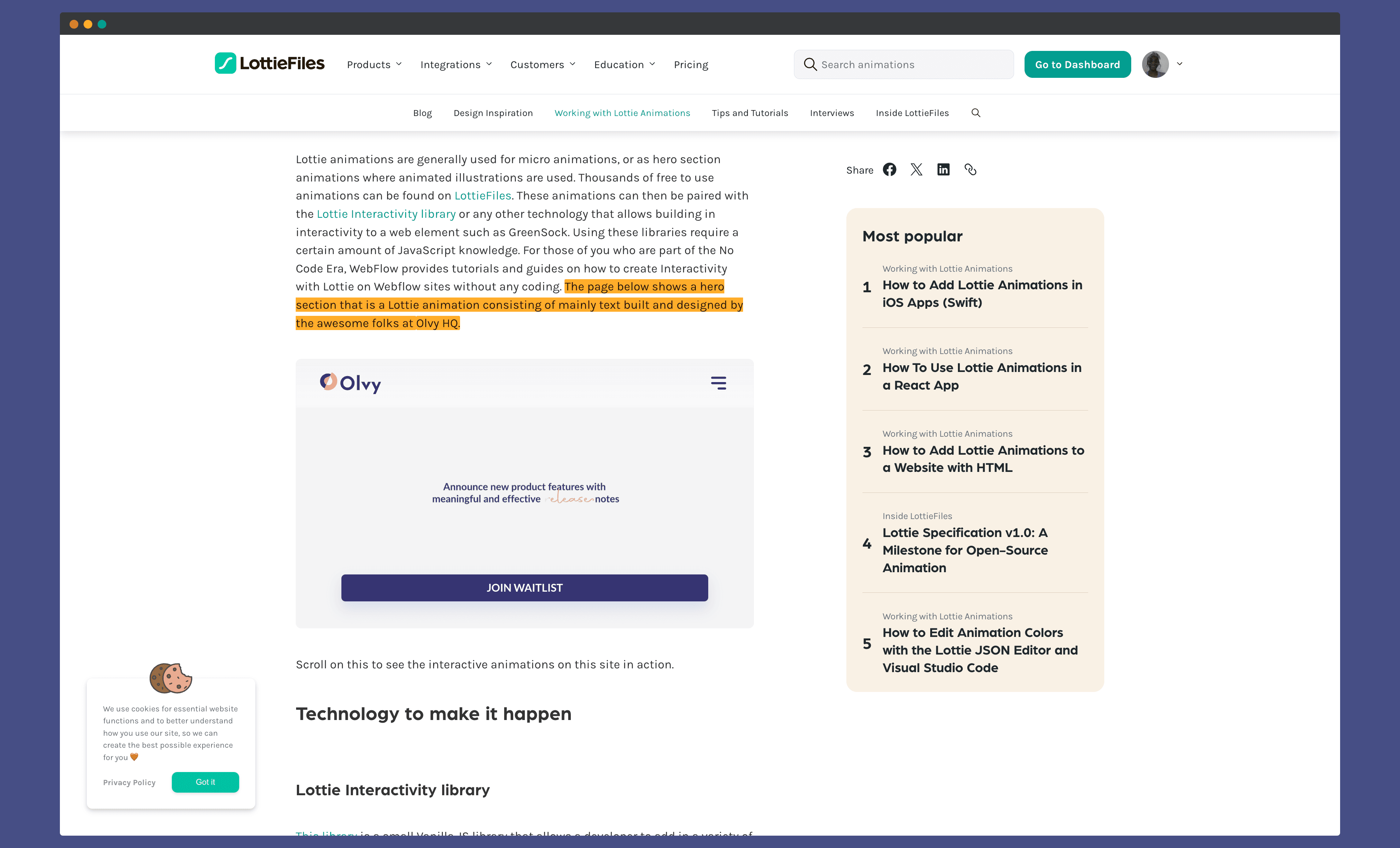
Now, this landing page wasn’t your typical email sign-up box. They decided to experiment with Lottie, a tool that creates animated visuals directly on web pages. Their landing page wasn’t just informative – it was fun, dynamic, and captured the essence of what they were building. Thanks to these eye-catching visuals, Olvy’s landing page caught people’s attention on Twitter. Even the LottieFiles team featured Olvy in an article, driving even more traffic their way.
Product Hunt – The Big Moment
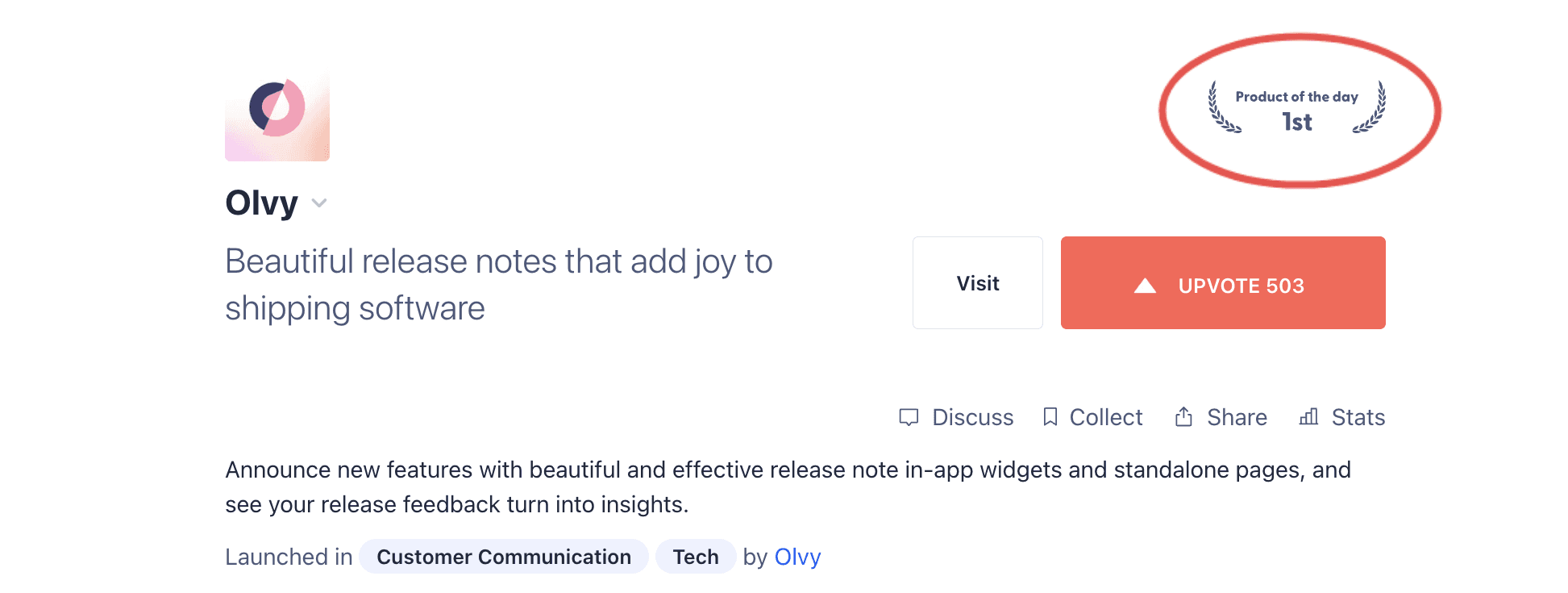
After gathering a good amount of beta users and refining Olvy, they decided it was time for a full launch on Product Hunt. They prepared a sleek demo video and scheduled the launch for February 26. The big day came, and Olvy snagged the #1 Product of the Day spot, bringing in a flood of new users and putting them firmly on the SaaS map.
As tech enthusiasts, both founders had established networks in SaaS and maker communities, which gave them a natural audience for Olvy’s early days. They started talking about Olvy’s progress within these circles, sharing updates on Twitter, and posting about the product journey. They also launched a landing page for a waitlist, giving them a steady list of interested users.
Experimenting with Lottie Animations

Now, this landing page wasn’t your typical email sign-up box. They decided to experiment with Lottie, a tool that creates animated visuals directly on web pages. Their landing page wasn’t just informative – it was fun, dynamic, and captured the essence of what they were building. Thanks to these eye-catching visuals, Olvy’s landing page caught people’s attention on Twitter. Even the LottieFiles team featured Olvy in an article, driving even more traffic their way.
Product Hunt – The Big Moment

After gathering a good amount of beta users and refining Olvy, they decided it was time for a full launch on Product Hunt. They prepared a sleek demo video and scheduled the launch for February 26. The big day came, and Olvy snagged the #1 Product of the Day spot, bringing in a flood of new users and putting them firmly on the SaaS map.
Keeping Customers Engaged Post-Launch
Keeping Customers Engaged Post-Launch
With the initial Product Hunt success behind them, Nishant and Arnob knew they had to keep the momentum going. They offered early adopters a great deal on pro subscriptions, and the feedback-driven product itself continued to attract SaaS founders.
Here’s what they focused on to keep customers engaged:
Email Marketing: They reached out to users who signed up but didn’t become paying customers, sharing tips, success stories, and reminders of Olvy’s benefits.
Encouraging Product Usage: Their priority was to ensure free users got a taste of the product’s value. The goal was to encourage users to publish their first release notes and experience the feedback process.
Creating a Supportive Community: The “Olvy Builders Program” had been a hit, so they leaned into that community-driven model. They shared success stories, kept their users updated, and cultivated an environment where users felt connected.
With the initial Product Hunt success behind them, Nishant and Arnob knew they had to keep the momentum going. They offered early adopters a great deal on pro subscriptions, and the feedback-driven product itself continued to attract SaaS founders.
Here’s what they focused on to keep customers engaged:
Email Marketing: They reached out to users who signed up but didn’t become paying customers, sharing tips, success stories, and reminders of Olvy’s benefits.
Encouraging Product Usage: Their priority was to ensure free users got a taste of the product’s value. The goal was to encourage users to publish their first release notes and experience the feedback process.
Creating a Supportive Community: The “Olvy Builders Program” had been a hit, so they leaned into that community-driven model. They shared success stories, kept their users updated, and cultivated an environment where users felt connected.
A Vision for the Future: Scaling and Growing Olvy
A Vision for the Future: Scaling and Growing Olvy
With a strong initial user base, Olvy’s next phase is all about doubling down on what’s working and making the product even better. With every bit of feedback, they’re getting closer to creating the ultimate tool for release notes.
Beyond this, Nishant and Arnob have their eyes on the bigger picture. They see Olvy evolving to encompass other aspects of software shipping, gradually becoming the go-to tool for managing customer-facing release processes.
With a strong initial user base, Olvy’s next phase is all about doubling down on what’s working and making the product even better. With every bit of feedback, they’re getting closer to creating the ultimate tool for release notes.
Beyond this, Nishant and Arnob have their eyes on the bigger picture. They see Olvy evolving to encompass other aspects of software shipping, gradually becoming the go-to tool for managing customer-facing release processes.
Lessons Learned on the Startup Journey
Lessons Learned on the Startup Journey
Like all founders, Nishant and Arnob have learned some valuable lessons along the way. Here are a few that stand out:
Get Early Adopters ASAP: Waiting until launch day to get your first users means you’re too late. Early adopters give you feedback, flag issues, and help you refine your product long before it’s in the public eye.
Design Matters: In today’s crowded market, a product’s design can make or break user adoption. A slick, user-friendly design shows users you’re serious about quality, even if it’s not the “perfect” version yet.
Community is Everything: Greg Isenberg once said every company will soon need a “Community” tab just as much as an “About” tab. Nishant and Arnob wholeheartedly agree. Their Discord server has been invaluable for gathering feedback, sharing product updates, and building genuine relationships with their users.
Like all founders, Nishant and Arnob have learned some valuable lessons along the way. Here are a few that stand out:
Get Early Adopters ASAP: Waiting until launch day to get your first users means you’re too late. Early adopters give you feedback, flag issues, and help you refine your product long before it’s in the public eye.
Design Matters: In today’s crowded market, a product’s design can make or break user adoption. A slick, user-friendly design shows users you’re serious about quality, even if it’s not the “perfect” version yet.
Community is Everything: Greg Isenberg once said every company will soon need a “Community” tab just as much as an “About” tab. Nishant and Arnob wholeheartedly agree. Their Discord server has been invaluable for gathering feedback, sharing product updates, and building genuine relationships with their users.
Tools and Resources That Power Olvy
Tools and Resources That Power Olvy
For any SaaS product, the tech stack plays a big role. Here’s what Olvy uses:
Hosting: AWS and Netlify keep the app running smoothly.
Payments: Stripe handles their subscription transactions.
Community and Feedback: Discord has been their go-to for staying connected with users.
Animation: Lottie was the magic behind their engaging landing page visuals.
On the inspiration front, they’re big fans of the Indie Hackers Podcast, How I Built This, Acquired, and Full Stack Radio. Listening to experienced entrepreneurs talk about their journeys has been both a teaching tool and a source of motivation.
For any SaaS product, the tech stack plays a big role. Here’s what Olvy uses:
Hosting: AWS and Netlify keep the app running smoothly.
Payments: Stripe handles their subscription transactions.
Community and Feedback: Discord has been their go-to for staying connected with users.
Animation: Lottie was the magic behind their engaging landing page visuals.
On the inspiration front, they’re big fans of the Indie Hackers Podcast, How I Built This, Acquired, and Full Stack Radio. Listening to experienced entrepreneurs talk about their journeys has been both a teaching tool and a source of motivation.
Advice for Aspiring Entrepreneurs
Advice for Aspiring Entrepreneurs
If Nishant and Arnob have one key piece of advice, it’s this: Community comes first. It’s not enough to just build a product and hope people come. Talk to your users, respond to their emails, create a space for open conversation, and make them feel like part of the journey. Setting up a community early can provide a constant source of feedback, ideas, and motivation.
They also recommend experimenting with unique ideas that make your brand memorable. The Lottie animations on Olvy’s landing page, for example, helped them stand out. Trying new things, even if they seem risky, can bring unexpected benefits and help your product resonate with your audience.
If Nishant and Arnob have one key piece of advice, it’s this: Community comes first. It’s not enough to just build a product and hope people come. Talk to your users, respond to their emails, create a space for open conversation, and make them feel like part of the journey. Setting up a community early can provide a constant source of feedback, ideas, and motivation.
They also recommend experimenting with unique ideas that make your brand memorable. The Lottie animations on Olvy’s landing page, for example, helped them stand out. Trying new things, even if they seem risky, can bring unexpected benefits and help your product resonate with your audience.
Boost your business visibility to thousands of engaged readers!
Get Featured on 100+ pages across the FounderNoon website.
One month stretch ⇢ $100
Three-month stretch ⇢ $250
Boost your business visibility to thousands of engaged readers!
Get Featured on 100+ pages across the FounderNoon website.
One month stretch ⇢ $100
Three-month stretch ⇢ $250
Final Thoughts
Final Thoughts
Nishant and Arnob’s journey with Olvy is a testament to the power of focus, community, and feedback. By solving a specific problem and actively listening to their users, they’ve created a product that’s both useful and engaging. They’re proof that with a clear vision, strong community ties, and a commitment to quality, even the most niche product ideas can carve out a meaningful space in the market.
Olvy’s journey is still unfolding, but one thing is clear: they’re building something that people genuinely find valuable, and they’re just getting started.
Nishant and Arnob’s journey with Olvy is a testament to the power of focus, community, and feedback. By solving a specific problem and actively listening to their users, they’ve created a product that’s both useful and engaging. They’re proof that with a clear vision, strong community ties, and a commitment to quality, even the most niche product ideas can carve out a meaningful space in the market.
Olvy’s journey is still unfolding, but one thing is clear: they’re building something that people genuinely find valuable, and they’re just getting started.
Like this?
Like this?
If you're interested in more stories like this, here's more for you 🙂
I share more of these case studies + interviews in my newsletter and I'd love for you to join here 😊
Do me a favor and pass this on to a friend or share? It'll take just 20 seconds—this one took me about 4.5 hours to research and write 🫠
Shoot me a DM if you want to share your story or visit this page to submit your information 💌
h/t (starter story, Tracxn)
If you're interested in more stories like this, here's more for you 🙂
I share more of these case studies + interviews in my newsletter and I'd love for you to join here 😊
Do me a favor and pass this on to a friend or share? It'll take just 20 seconds—this one took me about 4.5 hours to research and write 🫠
Shoot me a DM if you want to share your story or visit this page to submit your information 💌
h/t (starter story, Tracxn)


